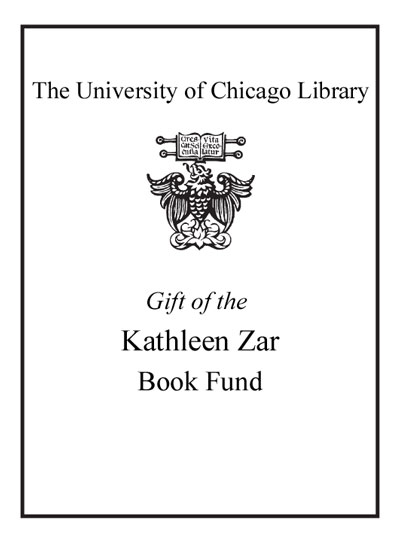Review by Booklist Review
Anderson was a self-taught naturalist. He was born and raised in Appalachian Kentucky, but marriage and career sent him to Ohio, where he ended up on his wife's family farm. Rebuilding the worn-out farm into a nature preserve, and working toward the establishment of Ohio's only national forest, Anderson also found his muse and wrote poems and stories reflecting on nature and a sense of place. Arranged seasonally, these lovely short ruminations reveal both the author's practiced eye for the nuance of the countryside and its denizens, and his eternal optimism that, in his words, the riches of yesterday are replaced by new treasures today--and tomorrow. Whether wading in beaver ponds to see what birds were attracted to the impoundments, listening to the muted song of a brown thrasher on her nest, seeing the first flight of Canada goslings from his pond, or watching the ever-changing cast of birds attracted to his feeders, the author relates the connection between his spirit self and the natural world. Beautifully illustrated with Julie Zickefoose's pencil drawings. --Nancy Bent Copyright 2007 Booklist
From Booklist, Copyright (c) American Library Association. Used with permission.
Review by Publisher's Weekly Review
The life of journalist, conservationist and artist Anderson (1911-2006) spanned nearly the entire 20th century; as such, he witnessed the enormous changes-technological, medical and economic-that left few untouched wildlands in the state of Ohio and the nation at large. The woods he wanders in these short essays, written in the final years of his life, are those he planted with his wife on the 92-acre farm they purchased in 1956 (and which became, after his death, a conservatory). Reporting on season-by-season changes, Anderson notes the arrival of birds in spring and their departure in fall, the ducklings and goslings reared on his ponds and the disruptions caused by beavers and deer-seemingly minor events that make for undeniably pleasurable reading. Essays are interspersed with vivid poems, haiku-like in their verbal parsimony and eloquent in their evocation of time and place. Anderson was also a woodcarver, who recreated the birds he observed in "basswood and water tupelo," and he riffs charmingly on a number of different species and varieties in prose that?s generously peppered with rueful observations and bemused wonder. Filled with precise description and pithy metaphor, expressive description and elegant phrasing, this book is a joy to read and rewards subsequent revisits with stylistic wit and wild beauty. (May) Copyright 2007 Reed Business Information.
Review by Booklist Review
Review by Publisher's Weekly Review


